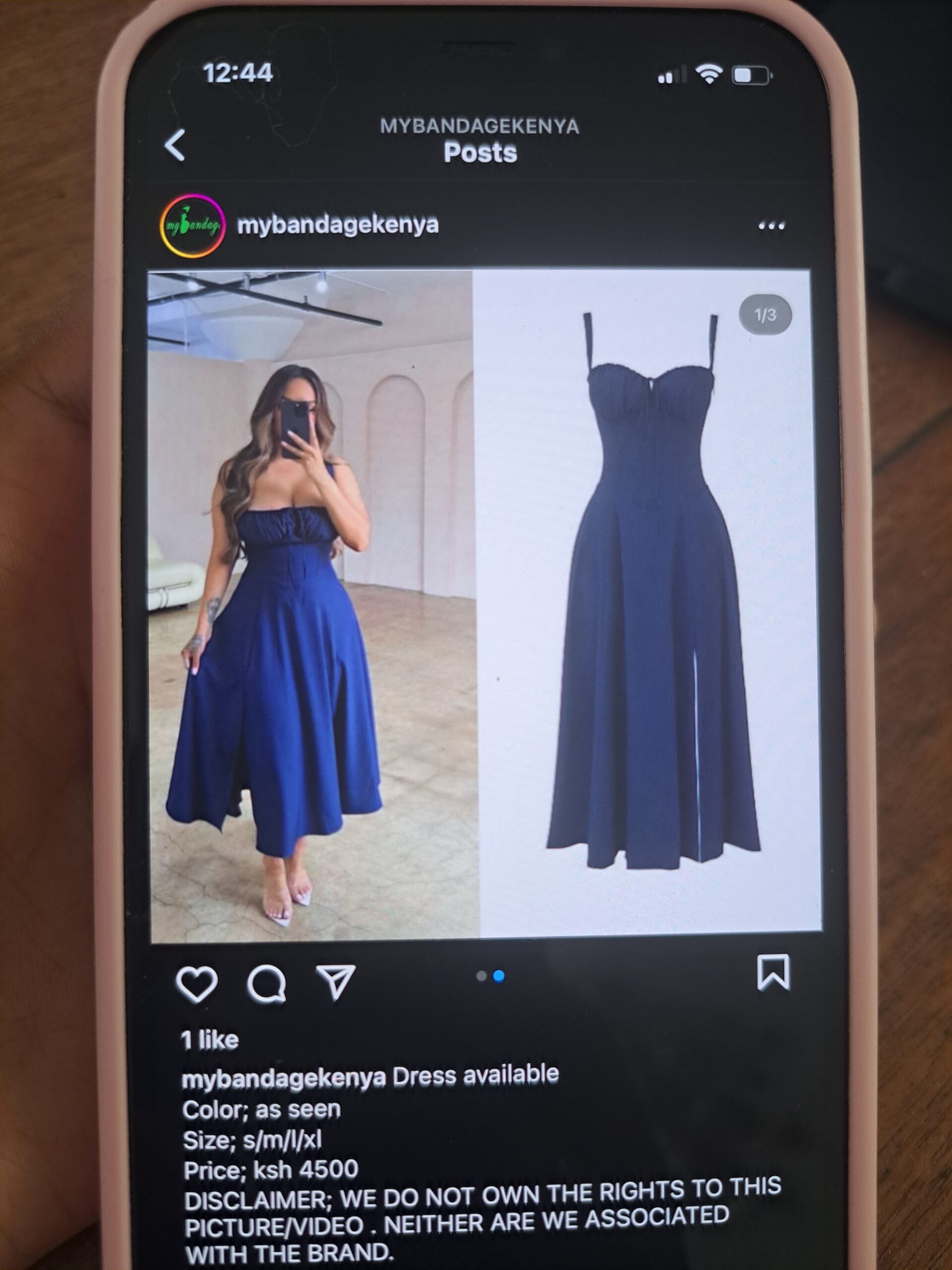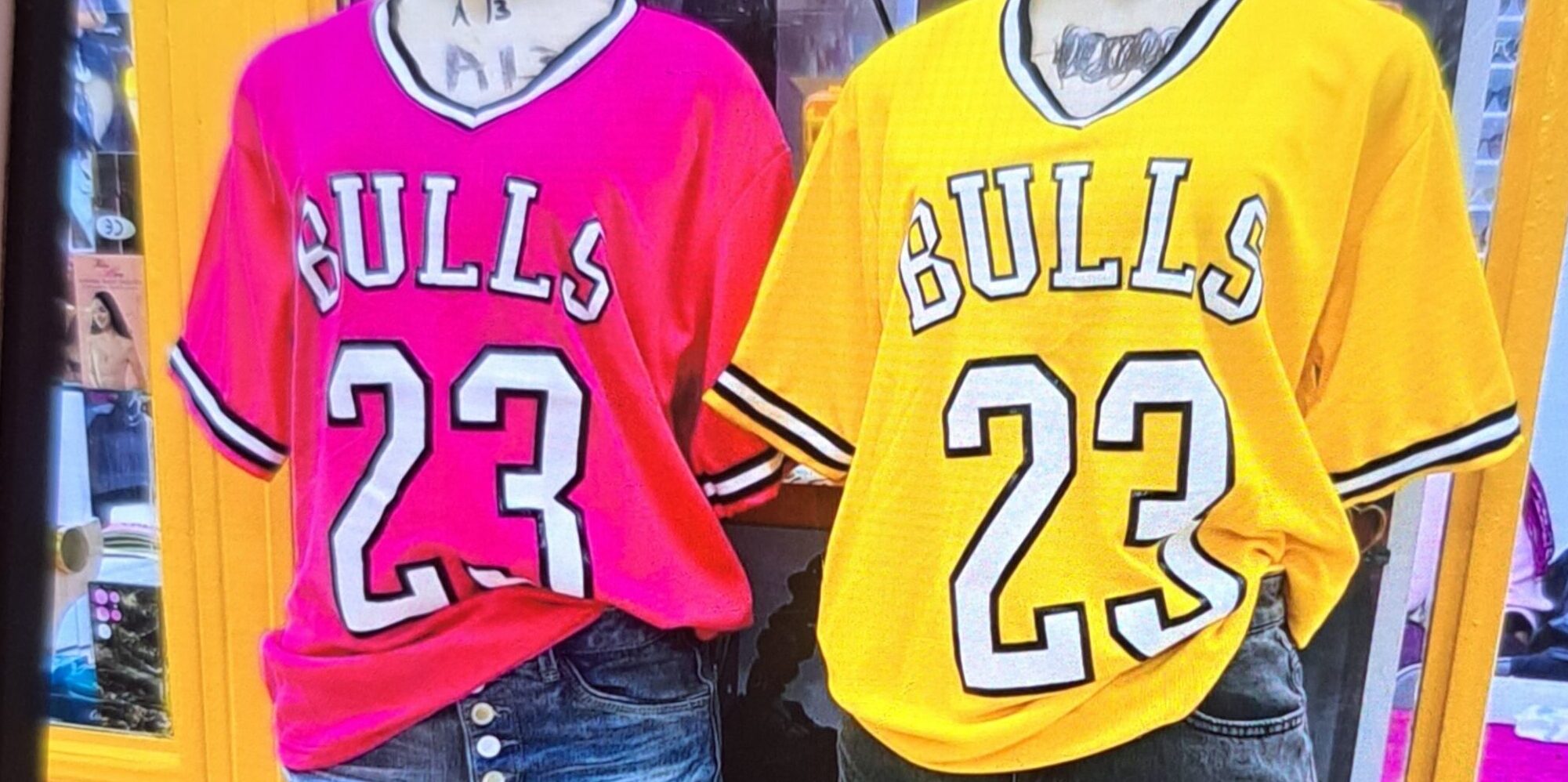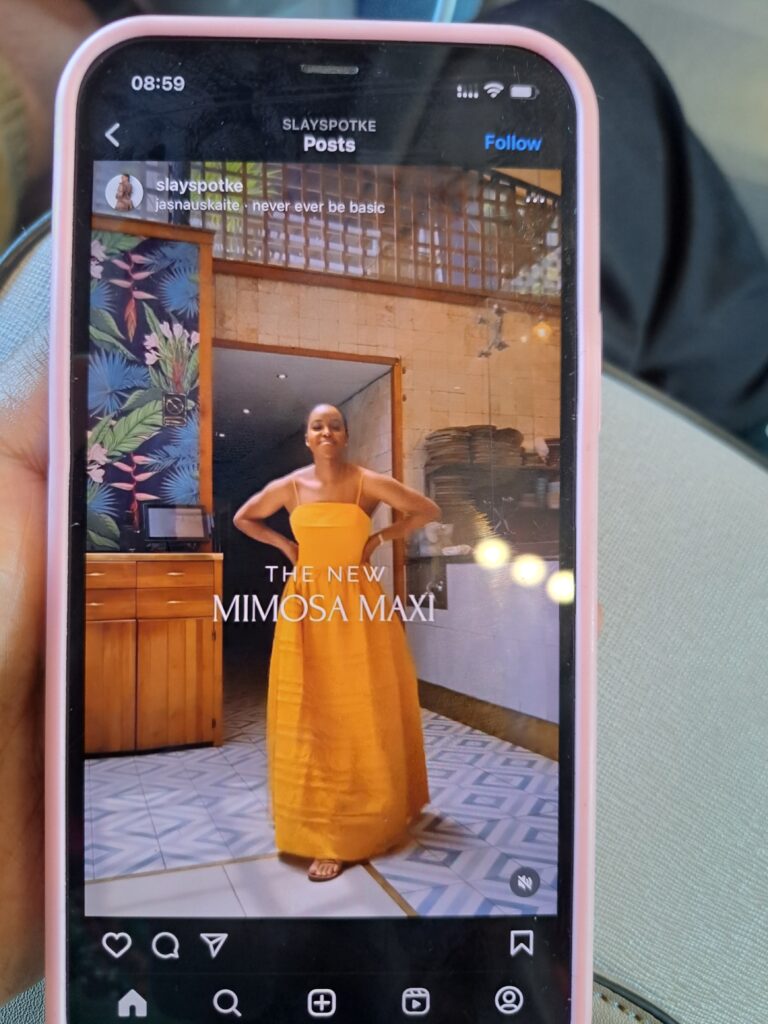FASHION COUNTERFEITS AND COPYRIGHT: A CLEAR GIVE AWAY WHEN SHOPPING ONLINE
Online shopping gained popularity during the Covid-19 lock down in many countries and more especially in Kenya. I for one, I am not much of an online shopper, but it is because I am a critically analytical shopper, especially when it comes to fashion items. I am always looking at the descriptions and the pictures and models. As such, I can always tell knock-offs and counterfeits in the Kenyan market. And boy!!! Is the fashion counterfeit game in Kenya serious. We have seen even some of our famous influencers fall prey to some of the boutiques curated along Nairobi’s Tom Mboya Street, Moi Avenue and other street corners in Downtown Nairobi.
Sometime last year, we had one of our very own local fashion brands express their anger and disillusionment for their designs being knocked off in the popular Eastleigh area. When they approached the shops to alert them of their injustices, the shop owners would simply respond “I got the designs and pictures from the China supplier.” This I found to be a tickling response. For this brand in question, the went further to use the founder’s images to market the counterfeits on their online shops and social media platforms. She , the founder, happens to be the gorgeous model of her fashion line and a popular Kenyan influencer in her own right. A simple Google search would confirm the same to any knowledgeable Kenyan or doubting Thomas. Did she have legal recourse, yes she did/does. But sometimes we choose our hard. The IP lawyer I am says, fight for your IP and assert your IP rights.
counterfeit
/ˈkaʊntəfɪt,ˈkaʊntəfiːt/
adjective
“made in exact imitation of something valuable with the intention to deceive or defraud.” “Similar: fake, faked, copied, forged, feigned, simulated, sham”
Back to the relationship between copyright and fashion counterfeits. The owner of the fashion IP is also the owner and generator of all copyright materials that arise for purposes of marketing. A keen fashion eye will be able to interrogate this and make a conscious decision to buy or not to buy a counterfeit item. Unfortunately for us, these counterfeit items get into the Kenyan market in a very easy breezy manner.
Another highly counterfeited fashion brand is the British based “House of CB”. This fashion house is known for their sleek and sophisticated dresses, tops and skirts. The selection of models is quite impressive and well curated as well as the photography style. So, for any keen eye, you are able to tell that a certain manufacturer copied the designs and further downloaded pictures to share with potential gullible buyers to buy the knock offs. And it is working. The Kenyan fashion retaial social media space is buzzing with many knock off from House of CB which was founded in 2010 by Conner Walker at the age of 17. Why are some entrepreneurs so lazy?
To make matters worse, most of these online shops don’t seem to be knowledgeable about simple descriptions like fabrics and size charts. How then do you become a credible seller! Unfortunately though, such stores have their audiences some may be aware of the fact that they are buying counterfeit goods and some may not be aware. Who knows!
“Challenging unfairly subsidized products, fighting counterfeit goods and intellectual property theft and holding countries accountable for an unfair currency regime will help American companies remain competitive.”
Virginia Foxx
What should be clear to any conscious buyer or consumer is that the detail is always in the pictures. Once you are keen on who owns the copyright to the images, you will definitely know which side of the coin you are on.

LEFT: An example of the Disclaimer as applied by a store on Instagram.
For those in retail, those disclaimers that read something like “ We do not own the rights to this picture or video. Neither are we associated with the brand.” Hold no legal basis whatsoever. Copyright infringement and trademark infringement are strict liability offences. You are responsible for your actions, regardless of what part of the commercial chain you are in. As an entrepreneur, re-seller or retailer, it is your responsibility to conduct due diligence and ensure your business is risk free from such legal liability.
ABOVE: A Kenyan online store (left image) purported to be selling a Kenyan Designer Hekaya Dress that was created in collaboration with influencer extraordinaire, Sharon Mundia – Mustard Mimosa Dress (HekayaxSharon).
To the rights holders, it is time you rise to the occasion and go after these infringers regardless of what part of the value chain they fall under. Protect your rights, assert your rights whether you are a local or foreign brand. Enabling the counterfeit industry regardless of the products adversely affects the economy and consumer protection efforts.
My message to African brands, fight fearlessly. The likes of NIKE, PUMA, ADIDAS, ZARA e.t.c are not internationally renown and lucrative without putting up fights for their Intellectual Property Rights where it counted. Make it count for you too!!!




Lulu kibaara
Thanks for the knowledge…